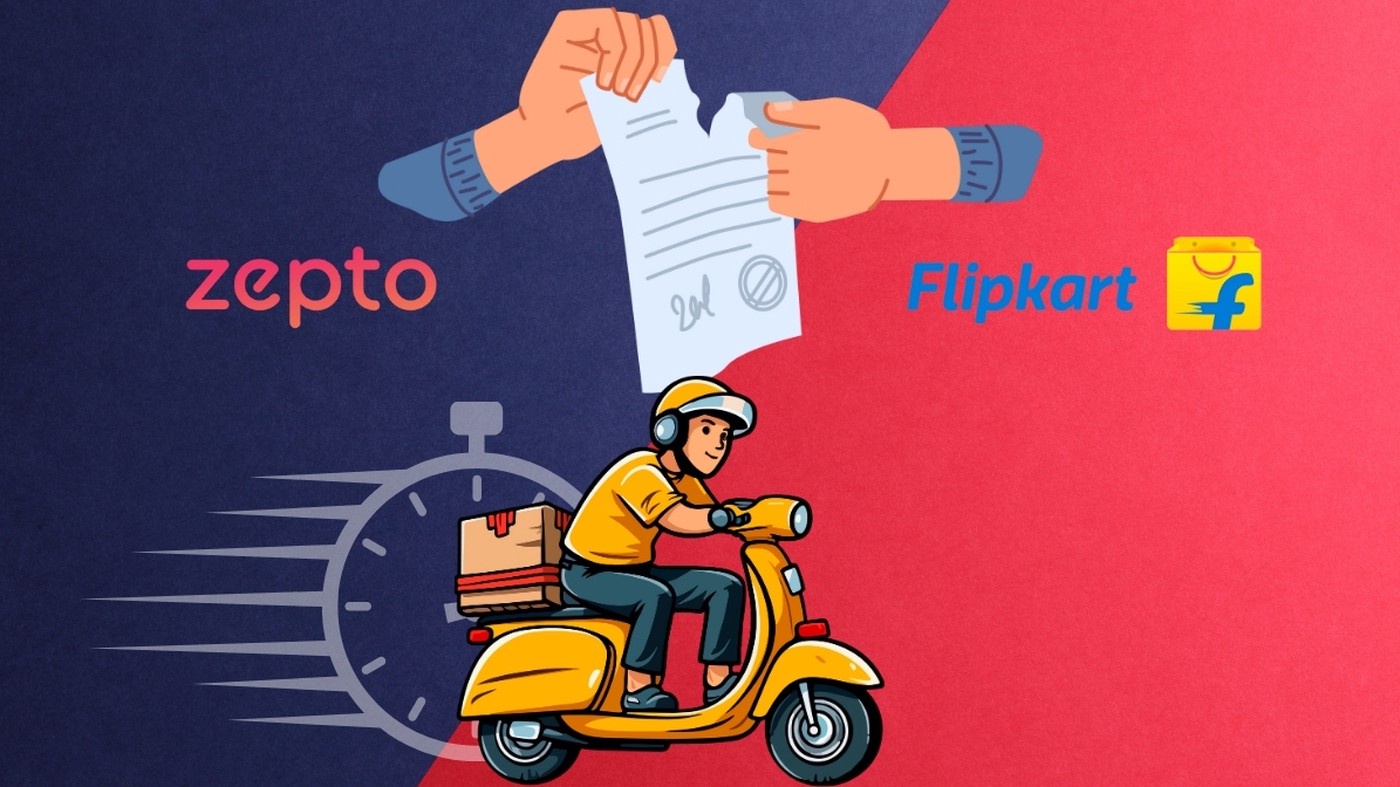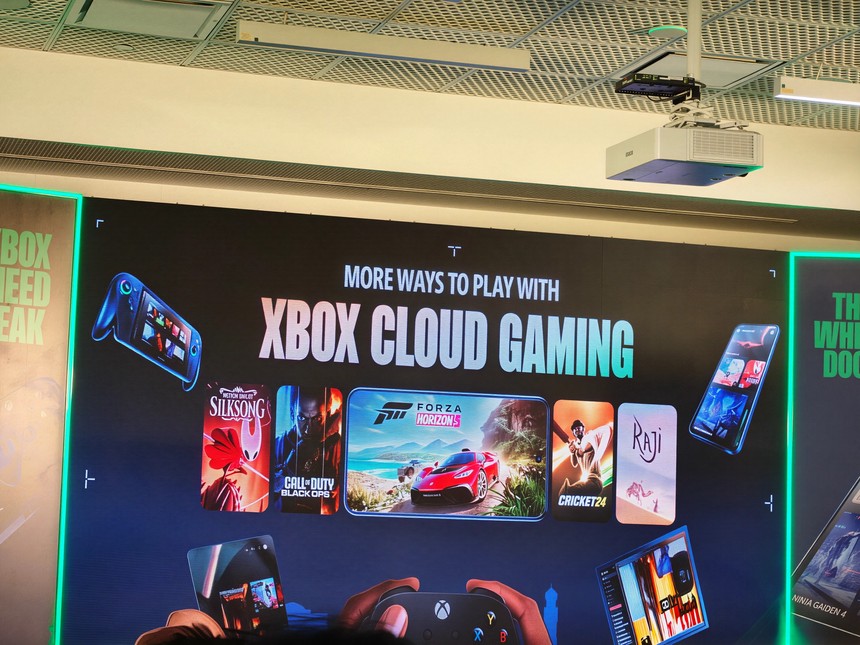The recent discussions between Flipkart and the quick-commerce startup Zepto regarding a potential acquisition have fallen through, with no revival of talks anticipated. This development underscores the growing interest and competition in the quick-commerce sector, where companies are seeking to expand their reach and capabilities rapidly.
Context and Significance
- Strategic Intent: Flipkart's interest in acquiring Zepto was part of its broader strategy to enhance its presence in the quick-commerce space, following a previous unsuccessful attempt to engage with Dunzo. Quick-commerce, characterized by rapid delivery of goods, especially groceries, has seen a surge in consumer demand and is becoming a critical area for e-commerce giants.
- Zepto's Positioning: Instead of pursuing a strategic sale, Zepto is focusing on securing additional funding to fuel its growth independently. The startup is reportedly in the process of closing a significant funding round, expected to be over $200 million, which would value the company at around $2.5 billion.
Implications of the Failed Deal
- Market Dynamics: The inability to secure a deal with Zepto pushes Flipkart to likely accelerate the development of its own quick-delivery solutions, set to launch in the coming months. This reflects the intense competition and the high stakes involved in the quick-commerce market.
- For Zepto: Continuing as an independent entity allows Zepto to maintain its operational autonomy and brand identity. The fresh funding, if secured, would enable Zepto to invest further in technology, expand its market presence, and perhaps explore new product categories.
Broader Industry Impact
- Competitive Landscape: As major players like Flipkart look to solidify their foothold in quick-commerce, smaller startups like Zepto gain leverage due to their established operations and technological edge in speedy delivery services.
- Innovation and Consumer Choices: The growth of quick-commerce is driving innovations in logistics, supply chain efficiency, and customer service, providing consumers with more choices and faster service than ever before.
Looking Ahead
The quick-commerce sector is likely to witness more mergers, acquisitions, and funding activities as companies vie for market dominance. For Flipkart, developing internal capabilities or seeking other acquisition targets could be on the horizon. For Zepto, the new funding could mean an enhanced capacity to compete and possibly lead market innovations.
In conclusion, while the deal between Flipkart and Zepto did not materialize, it highlights the significant opportunities and competitive dynamics within the quick-commerce industry, with both companies poised to make strategic moves to strengthen their market positions.














